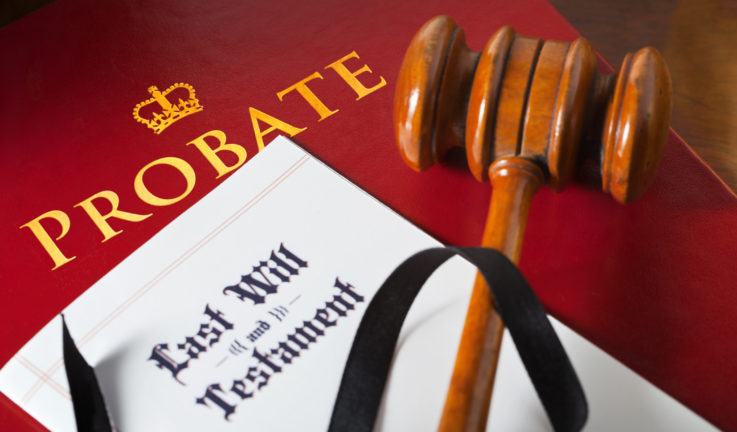If you have heard about estate planning, you may have come across a trust or a will. An attorney from probate estate administration in Ridgeland may help you draft a trust or a will to protect your assets and estate. However, many people are not aware of the role of an executor in such scenarios.
The executor has many essential duties and responsibilities that ensure the transfer of estate quickly. Knowing the role of an executor can help you and your family acquire the estate easily. Hang onto this blog while we uncover the responsibilities of an executor.
- Will and filing
The first responsibility of an executor will be to collect the copy of the Will and file it with the local court for a probate proceeding. The executor will be responsible for finding, reading, and understanding the Will. Even if probate procedure is not necessary, filing the Will with the probate court would be mandatory. The executor can also determine the heirs for the property to be inherited.
- Notifying about the death
Notifying the applicant’s death would be necessary to inform the banks, credit card companies, and other government agencies. The executor will inform the social security administration and other vital entities about the demise. It will further help you in acquiring assets.
- Probate
The executor plays an essential role in deciding which type of probate is necessary for a legal case. Different inheritance laws will allow the transfer of estate without probate. Although, if probate is required in your case, you would be required to file a petition with the court. Only an executor can help you through such a process. Once the executor has been appointed, legal representation will occur on behalf of the estate listed in the trust.
- Incoming funds
The executor will be responsible for setting up a bank account for the incoming funds. The executor will also search and pay for any pending bills left in the name of the descendent. If the descendant had upcoming payments like payroll or an incoming paycheck, the amount would be held in the bank account set up by the executor. The executor also pays close attention to any mortgages or loans that must be paid in the probate process.
- Distribution of assets
Once all the necessary steps are followed, the executor’s role will be crucial. The estate and assets will be distributed per the descendant’s wishes stated in the Will or trust. The estate will be distributed per the state intestacy laws if there is no will.

